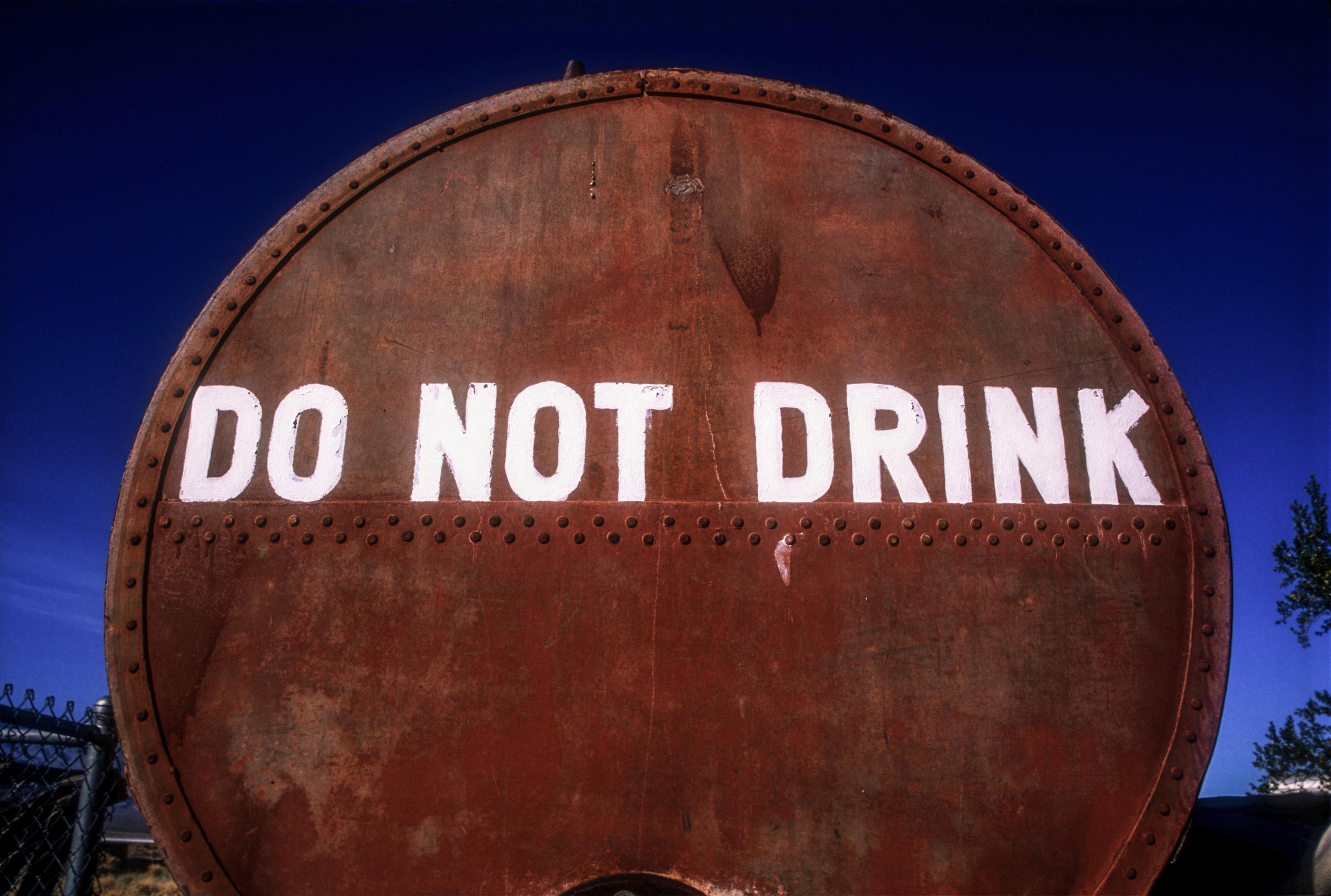Underage Drinking
Student Perspective

Underage Drinking
Student Perspective
In the VM PDS (Personal Development) class we have been tasked to take action on community issues we have come across, I have chosen to write an article about the consequences of underage drinking to help inform the community for anything you might be curious about.
In Melbourne, a lot of people's social life revolves around a drink, whether it’s a backyard barbecue, after the footy, or out with friends. Because of that, many young people grow up thinking alcohol is just part of being an Australian. But when teenagers start drinking before they’re 18, the risks are far greater than most realise.
Underage drinking often begins with curiosity or peer pressure. Teens see adults drinking at home or in ads and assume it’s harmless. But the thing is, in reality, the earlier someone starts drinking, the more likely they are to develop problems later in life. According to VicHealth, many young Australians have their first drink around age 15, which is a time when their brains and bodies are still developing.
Alcohol affects the teenage brain much more than it does an adult’s. It can interfere with memory, decision-making, and emotional control. Heavy or frequent drinking at a young age increases the risk of anxiety, depression, and long-term learning issues.
There are also immediate physical dangers. Alcohol lowers inhibitions and slows reaction times, leading to accidents, injuries, and risky choices. In Victoria, many hospital visits involving teens are related to alcohol, whether from drinking too much, fights, or road accidents. What can start as “a few drinks” can very quickly turn into a serious emergency.
Drinking doesn’t just affect health, it can harm friendships, families, and reputations. Many young people drink to fit in or deal with stress, but alcohol only masks problems. It can make arguments worse, lead to embarrassing situations, and damage trust between teens and their parents.
Underage drinking isn’t just the responsibility of teenagers; it’s a community issue. Parents, schools, and local organisations all play a part in setting boundaries and promoting safer habits. Programs. Encouraging young people to socialize without alcohol, through sport, art, or volunteering, can make a real difference.
Saying no to alcohol before 18 isn’t about missing out; it’s about staying safe, healthy, and in control. Melbourne’s young people deserve the chance to grow up without the pressures and dangers that come with early drinking. Changing the culture around alcohol starts with honesty, and with adults and teenagers working together to make smarter choices.
Harry Langsford
Year 11 VM PDS